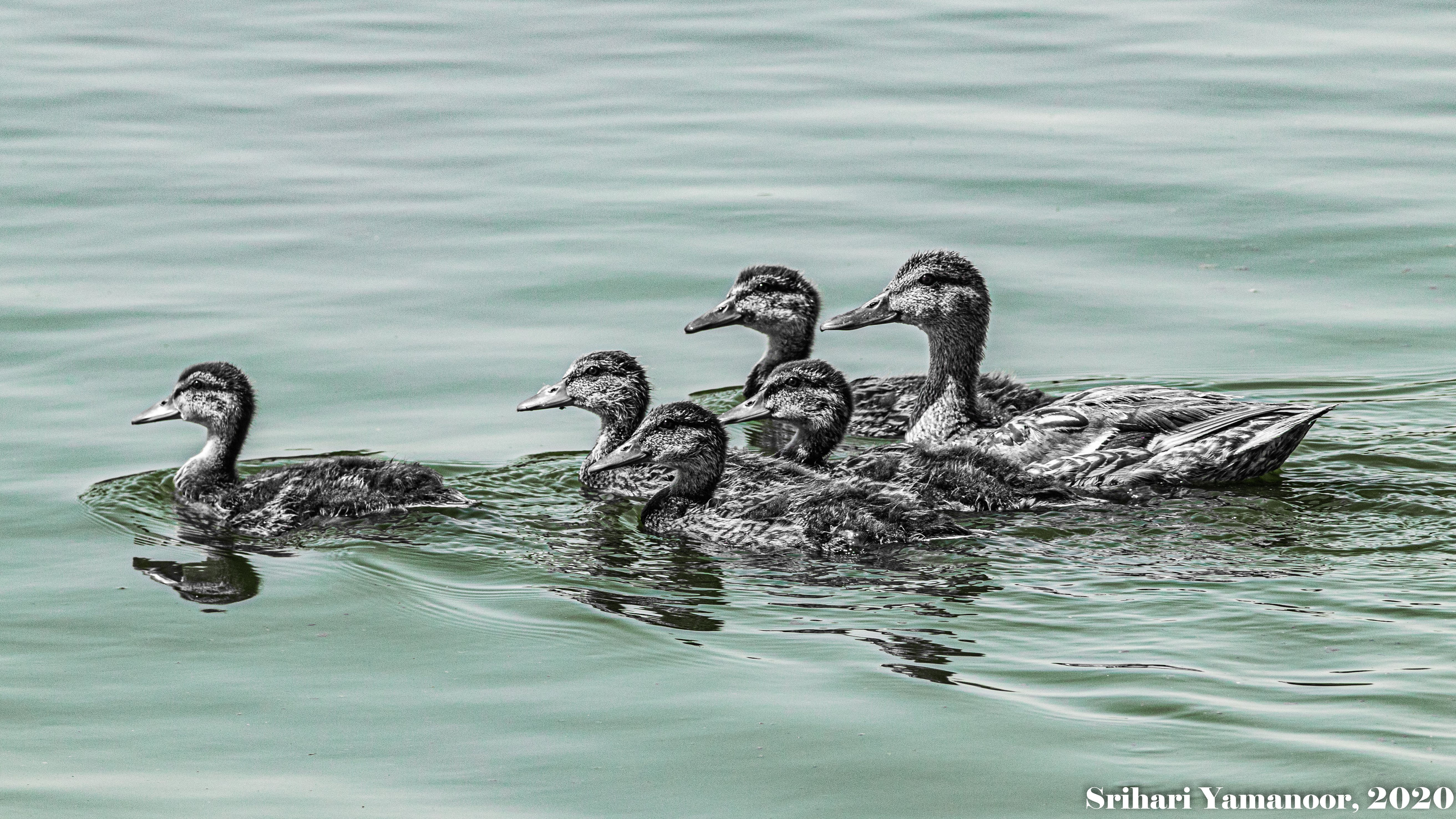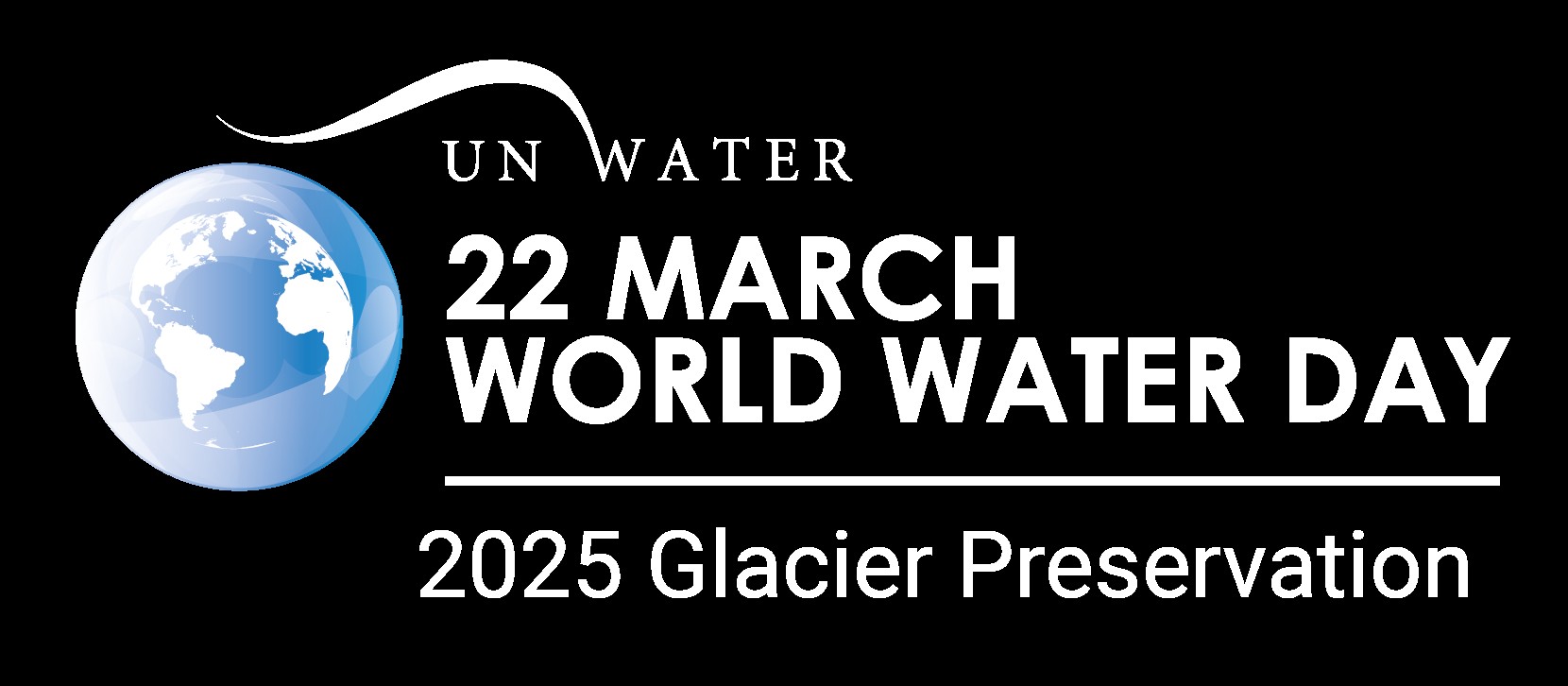
It makes sense to dedicate a day for us to pause and think about one of the few things that keeps this planet going, and simultaneously faces such an enormous threat that it is not just human life, but much of life across the planet finds itself threatened. Starting in 1993, facilitated by the United Nations, World Water Day has been an International Day of Observance, serving as an annual reminder for people worldwide on the finiteness of this seemingly infinite resource and the need for us to focus on keeping life on Earth going.
Each year, the UN puts out an annual report, and encourages several activities, apart from hosting many by itself. It only makes sense to benefit from these resources and bring together stakeholders of ages and other backgrounds to remind everyone, including ourselves of the fragility of water as a life-sustaining resource and what we can and must do to keep saving it. In fact, water remains a key goal of the UN 2030 Sustainable Development Goal (SDG) and as such that day is fast approaching, as things keep getting worse in many senses.
 For 2025, the UN is highlighting fast-melting glaciers as a resource to pay attention to. In this regard, at the link below, they have also provided several resources for personal and general literacy and awareness. To people living far away from glaciers, the problem might seem obscure and this is precisely why it is important to engage in that critical education about glaciers. Glaciers store about 70% of the world’s freshwater. Speedy melting will indeed result in a catastrophe of proportions seen few times in human history. The dire effects include not only the loss of fresh potable water, but also incredible rises in sea levels. Increased diseases, war and famine will naturally follow in such a scenario, alongside rapid loss of biodiversity, compounding the negative effects.
For 2025, the UN is highlighting fast-melting glaciers as a resource to pay attention to. In this regard, at the link below, they have also provided several resources for personal and general literacy and awareness. To people living far away from glaciers, the problem might seem obscure and this is precisely why it is important to engage in that critical education about glaciers. Glaciers store about 70% of the world’s freshwater. Speedy melting will indeed result in a catastrophe of proportions seen few times in human history. The dire effects include not only the loss of fresh potable water, but also incredible rises in sea levels. Increased diseases, war and famine will naturally follow in such a scenario, alongside rapid loss of biodiversity, compounding the negative effects.
What can we do?
While as a society we have to plan things on a very large scale, as individuals we can still do a few simple things. Here are some ideas:
- Always be conservative about water usage. Never waste water at home, at the workplace and anywhere else you see water consumption taking place.
- Pay attention to leaks and sources of water wastage. Try to fix them, or bring it to the attention of the right people who can get the problems fixed. Similarly pay attention to any pollutants flowing into the water, as this also has several undesirable effects.
- Contributions to every form of pollution can eventually end up attacking our drinking water, as well as the water we share with other species of plants and animals. Thus, we can always be proactive and make sure we optimize our consumption, reduce wastage, reuse, recycle and upcycle materials as much as possible.
- Keeping ourselves aware and educated on such topics as water resource levels, consumption and wastage, pollution and other related topics can only help us long term. Don’t forget to spread this message, especially to the up and coming stakeholders in your lives, as we get ready to hand over the future of the planet and its diminishing natural resources to them!
References:
- Wikipedia on World Water Day: https://en.wikipedia.org/wiki/World_Water_Day
- The United Nations World Water Day website: https://www.un.org/en/observances/water-day
- UN SDG: https://sdgs.un.org/goals
